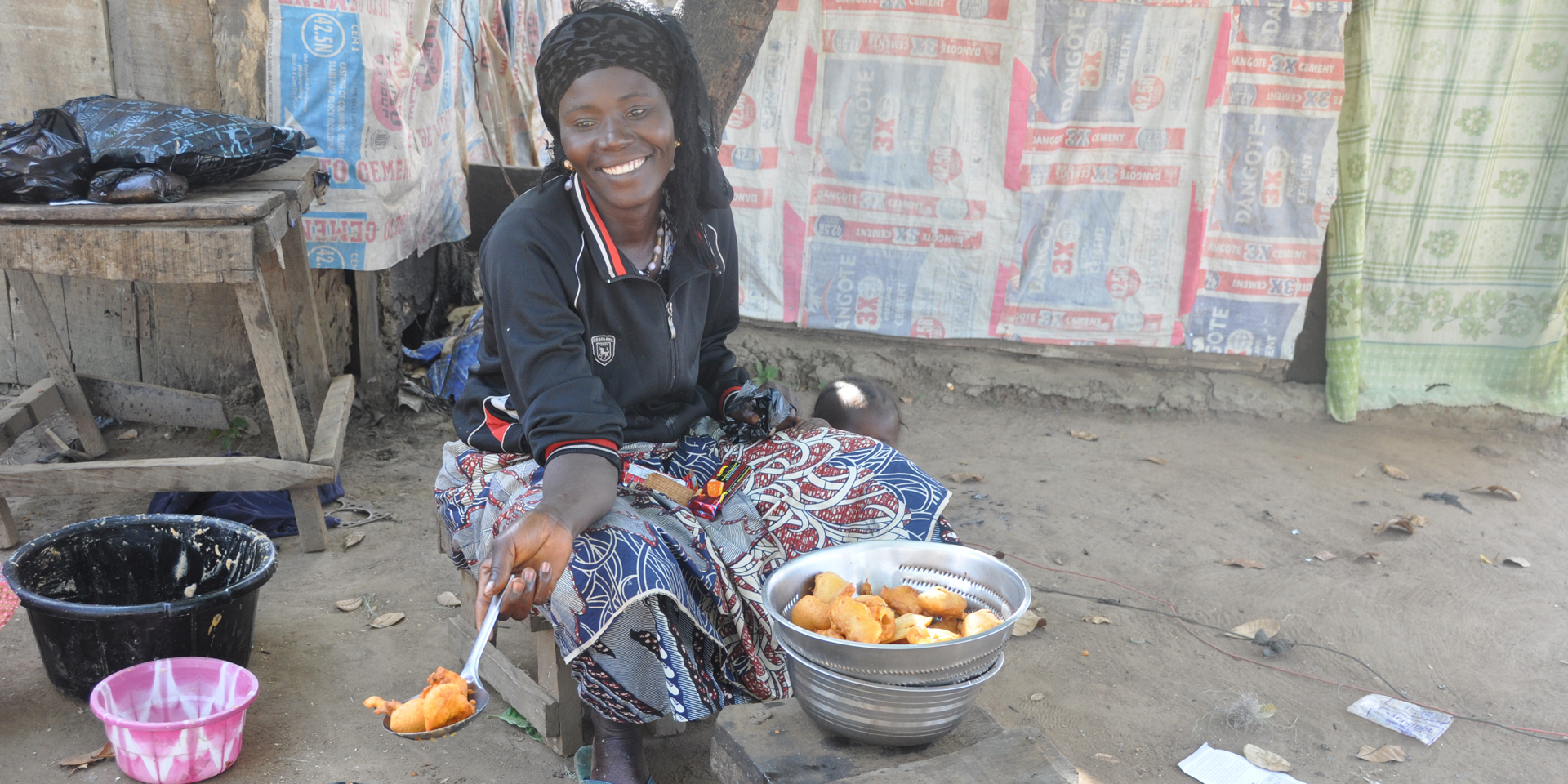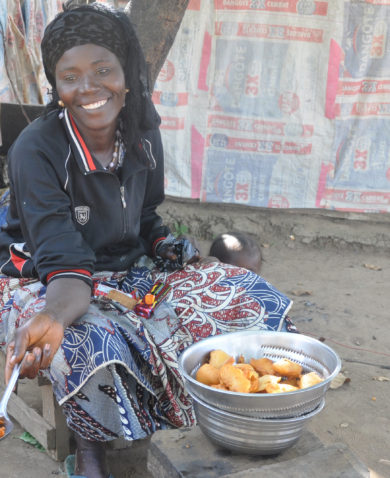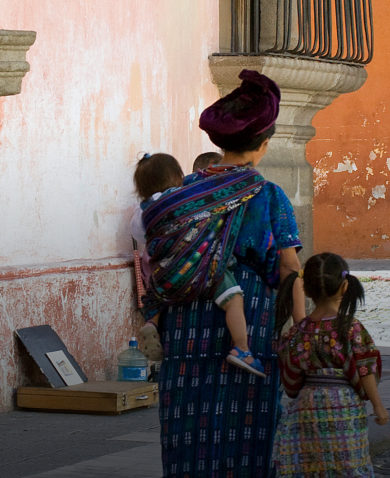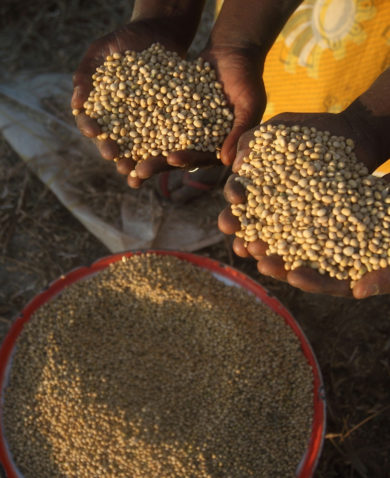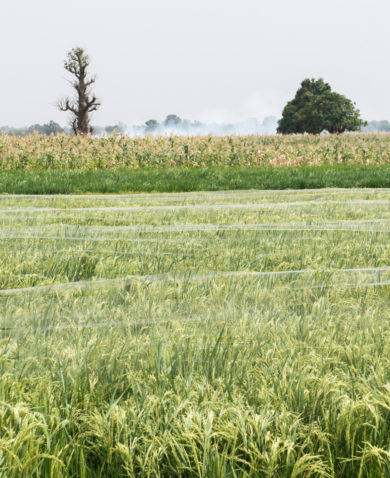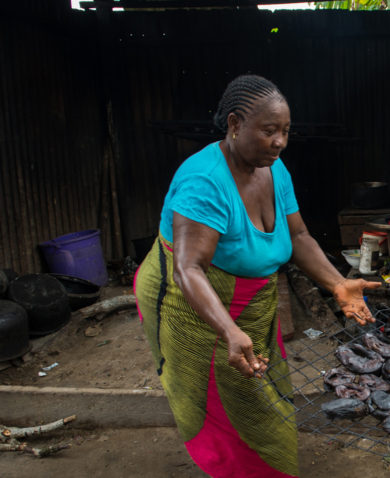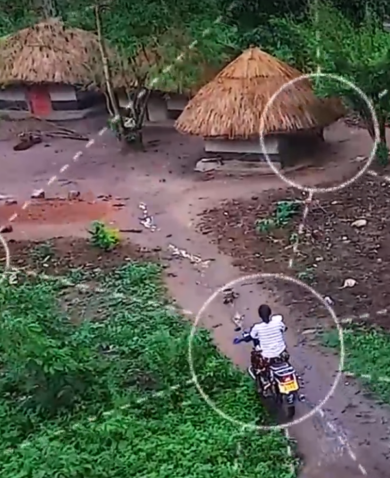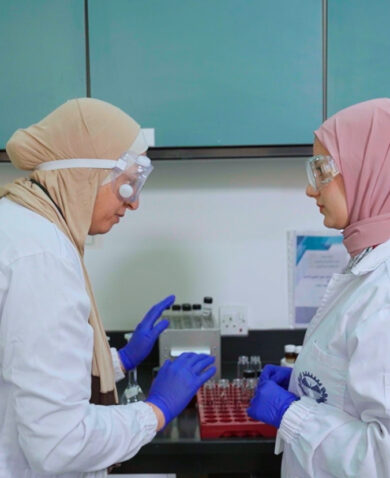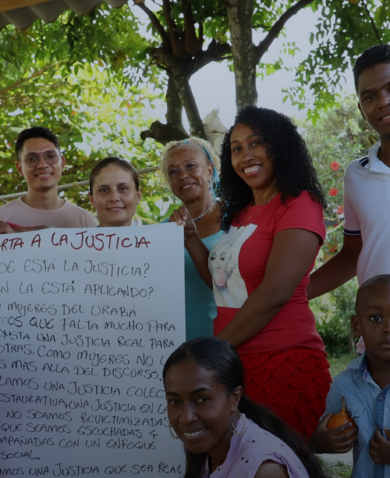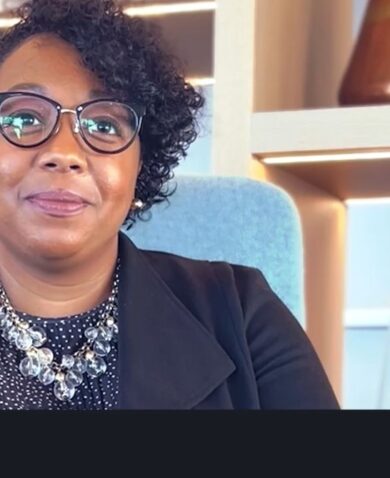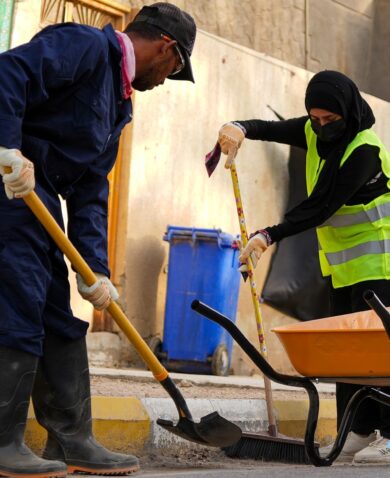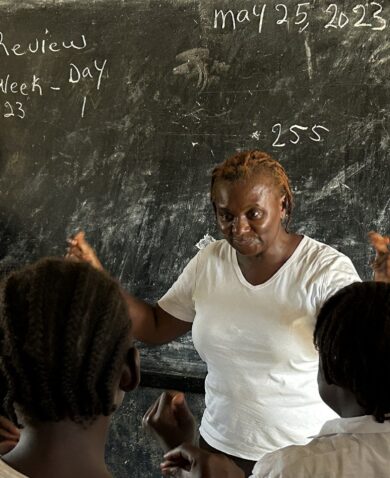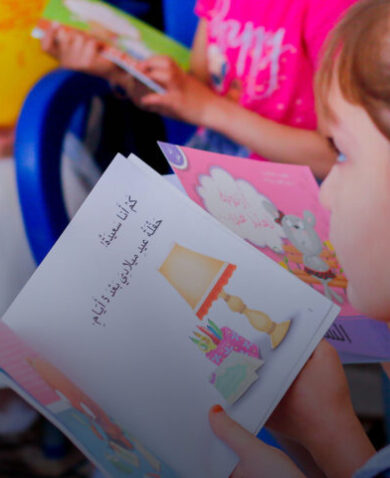The Proof is in the Income
Vitalis is just one of many farmers who are discovering new ways to increase their income. For Khadija Suleiman, aquaculture was a turning point in her life. After graduating from college in Kano state, she attended a government-sponsored training on fish farm management at the Kano Fisheries Institute. Afterward, using donated plastic tanks and 500 fingerlings (small young fish), she managed to harvest 350 fingerlings, but lost 150. Determined to master her trade, she attended a training jointly offered by MARKETS II and the Kano Fisheries Institute. There, she learned about business concepts and market conditions that could affect her profit and production.
“This was my turning point,” she said. After the training, she restocked with 500 catfish and sold them for 300,000 naira, using part of her earnings to restock. In time, she began to sell fish feed and other fish products, and is planning to start drying fish to add value and attract more income.
With her newfound success, Khadija is now a role model in her community, especially among other young people. She trains youth on fish and business management, helping them to gain the same financial independence that she enjoys.
“I never thought a three-day training would change my life forever and for the better,” said Khadija. “I will continue training more youth so that they can get a meaning for their lives like I did.”
Across target states, thousands of farmers are seeing similar successes following the integrated training program. For example, most aquaculture farmers in the country harvest an average of 10 metric tons of catfish per hectare per production cycle. By comparison, project-trained aquaculture farmers harvest an average of 18 metric tons per hectare—and are not only recording their expenditures and revenues but also looking for opportunities to reduce costs.
“Being a successful farmer does not just mean growing more on a hectare of land. Successful farmers need the tools of small business owners,” explained Harvey Schartup, the project’s chief of party. “The MARKETS II training provides these tools, and we showcase successful farmers and their farmer associations as models to emulate. And everything we do considers the long-term sustainability of our efforts beyond the project’s end date.”

